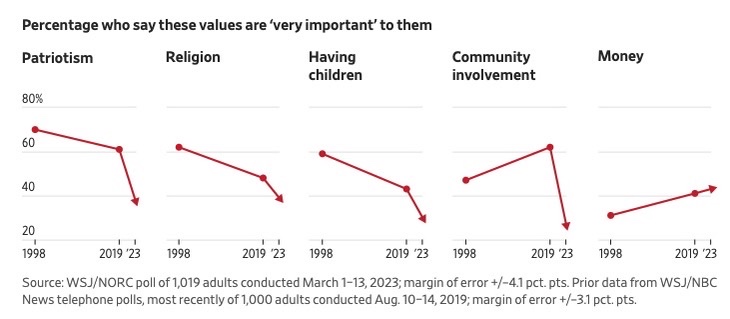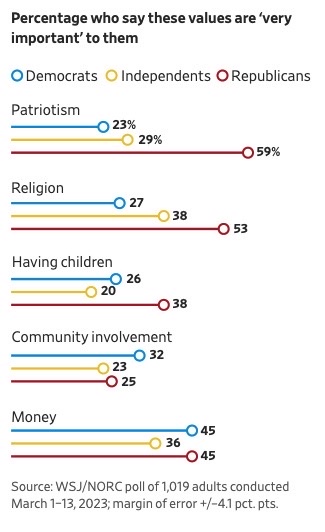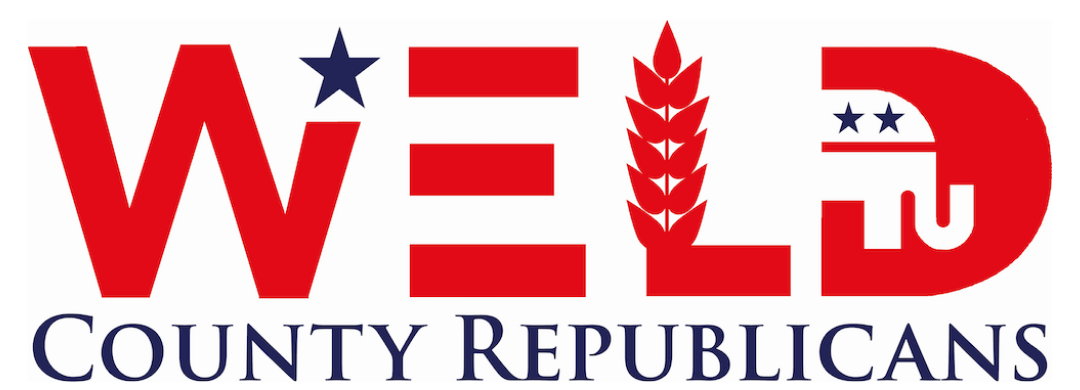Back before Disney went woke they cranked out some solid animation. In 1951, Disney brought Lewis Carroll’s fantasy tale to the big screen and Alice in Wonderland became a beloved family classic. In candor, I’ve always wondered if Carroll was herbally or chemically altering his mind when he wrote this tale, but that is beside the point. The whole story just strikes me as odd. To this day, I am unsure if I understand all the metaphors.
Over the last few days, I have encountered a couple of articles that have made me think of the hookah-smoking caterpillar in the movie…
Let’s try to get beyond the mind that conjured a hookah-smoking caterpillar and ponder the nicotine-riddled insect’s question: Who are you? Isn’t that at the very heart of the matter faced by America today? Our governments. Our institutions. Our people. As a nation and a people, we are all battling an identity crisis.
THIS ARTICLE in the Wall Street Journal speaks of just such a crisis. (Sorry, the article is behind a paywall. If you’d like to see it, drop me an email, and I’ll loan you my copy.) The article details the findings of a poll taken by the Wall Street Journal and NORC and the findings indicate that the ties that once bound America – patriotism, religious faith, rearing children, and building community – are all on the decline. Read the complete poll results HERE and then take a gander at the high-level results graphically displayed below.

From the WSJ article…
Bill McInturff, a pollster who worked on a previous Journal survey that measured these attitudes along with NBC News, said that “these differences are so dramatic, it paints a new and surprising portrait of a changing America.’’ He surmised that “perhaps the toll of our political division, Covid and the lowest economic confidence in decades is having a startling effect on our core values.’

Bottom line: We no longer trust our institutions and we no longer trust each other. But we do trust cash. Who are we?
THIS ARTICLE in The Free Press by Katherine Boyle elaborates on the findings of the aforementioned WSJ/NORC poll and very eloquently expresses what has been floating around my head. Are we a cult of personality or a nation of principles? Do we truly have justice for all, not just the politically connected few? Do we still reward merit and hard work – the American work ethic – or do we reward individuals because they happen to fall into a certain group?
In the linked Free Press article, Boyle equates purpose to principle. I am going to cut-n-paste a big quote from the article. Every word is important.
It’s not hard to see why Americans are losing a sense of membership in any kind of mutual enterprise, especially since 2020, when the steepest drops in sentiment occurred. Between global lockdowns, a fentanyl epidemic, school shootings, seemingly inevitable great-power wars, and a looming recession, Americans are losing hope. It’s the sort of poll that if America were your best friend or your child, you’d urge her to seek help.
The decline in traditional values isn’t particularly new. The things that make people feel as though their presence matters, such as civic-mindedness and religious observance, have declined in tandem. From Bowling Alone in the late ’90s to Coming Apart in 2012 to a slew of recent “End of America” essays from every major publication, researchers believe these trends are accelerating further. This decline in civic belief and religiosity predated the mobile internet. We can’t blame the phones this time.
For a while, we tried in vain to replace the default traditional values with something equally noble or even more sophisticated. Classical liberalism, which upheld individual rights and liberty until we started hating half of the individuals in this country. New Atheism had a good run until “trust the science” became a meme. There was meditation. Yoga retreats. Eating clean. Worshipping politics and politicians. Chasing influence.
But it turns out none of those things filled the national void either. Perhaps if they had, we wouldn’t see story after story about teenage depression and midlife crisis depression and deaths of despair. We have become a treatment-resistant Prozac Nation.
Who. Are. We? Presidents from Roosevelt to Reagan have improperly accredited the following quote to French historian Alexis de Tocqueville. It’s not his. I’m not too sure to whom it belongs, but I use it because it is just that good.
America is great because she is good, and if America ever ceases to be good, she will cease to be great.
Not Alexis de Tocqueville
Truth. Have we ceased to be good? What makes America good? Is it government?
My opinion: Nope. It is her people, firmly planted in a morality generally drawn from religious faith. No amount of government or laws will make us great unless the people we elect to represent us in government and author those laws are themselves good.
I am busy working on a strategic plan for the Weld GOP. It’s hard. I would appreciate your help. Drop me an email if you are interested. I want the mission, vision, and values of this plan to reflect who we are as a party and as a Weld County community. I want the plan to be good. Taking these two articles into account, America is thirsting for bold, aspirational leadership rooted in the truth. Let’s give it to them.
Let’s steer our organization and live our lives morally rooted in principles and exhibiting great purpose. When we do, we will be able to firmly answer a hookah-smoking blue caterpillar when he asks, “Who are you?”
